Description
Grease Trap: Essential Equipment for Efficient Wastewater Pretreatment
The Grease Trap is a specialized device engineered to separate oil, grease, and other fatty substances from wastewater before it enters the main sewage system. This vital equipment plays a key role in maintaining the efficiency and longevity of wastewater treatment facilities, especially in industries where high concentrations of oil and grease are generated on a daily basis.
By utilizing physical (such as gravity separation and filtering) or chemical methods (such as coalescence or flocculation), the grease trap efficiently isolates oily contaminants from water. This reduces the oil load in wastewater, minimizes the risk of pipe blockages, protects downstream treatment infrastructure, and ensures compliance with environmental discharge standards.
Key Functions of a Grease Trap
| Function | Description |
|---|---|
| Oil-Water Separation | Uses physical or chemical methods to separate oils and greases from water. |
| System Protection | Prevents grease from clogging pipes and damaging treatment equipment. |
| Efficiency Enhancement | Reduces the burden on subsequent wastewater treatment processes. |
| Environmental Compliance | Helps meet local and national effluent discharge standards. |
| Maintenance Optimization | Extends the service life of pumps, filters, and biological treatment units. |
Common Application Scenarios
Grease traps are indispensable in a wide range of industries, particularly where wastewater is rich in fats, oils, and grease (FOG). Some typical application scenarios include:
-
Catering and Restaurant Industry
Kitchens in restaurants, cafeterias, and hotels generate large amounts of oily wastewater. Grease traps prevent this from entering the drainage system and causing clogs or pollution. -
Food Processing Plants
In meat processing, dairy production, or snack food manufacturing, grease traps play a vital role in ensuring pretreatment before wastewater is discharged or recycled. -
Petrochemical Industry
Grease traps are used in refineries and chemical processing facilities to separate hydrocarbons from process water, safeguarding equipment and maintaining operational standards. -
Commercial Kitchens and Centralized Catering Hubs
Schools, hospitals, stadiums, and large event centers benefit from grease traps that prevent massive FOG discharge from overwhelming municipal sewage systems. -
Car Wash Stations and Service Centers
Though less oily than food services, these facilities still benefit from oil-water separation for regulatory compliance and environmental protection.
Advantages
-
Prevents sewer blockage and odor issues
-
Reduces maintenance costs for downstream systems
-
Improves the sustainability of water usage through pre-filtration
-
Increases the lifespan of sewage pumps and treatment tanks
-
Ensures compliance with environmental laws and regulations
The grease trap is more than just an accessory in wastewater management—it’s a critical first line of defense in various industries dealing with oil-laden effluent. By effectively separating grease and oil before sewage enters the broader treatment process, it safeguards infrastructure, reduces operational costs, and ensures compliance with environmental standards. Whether in foodservice, industrial manufacturing, or petroleum processing, a well-maintained grease trap is essential for efficient and responsible water management.



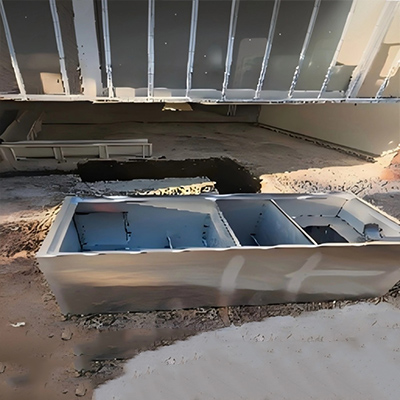
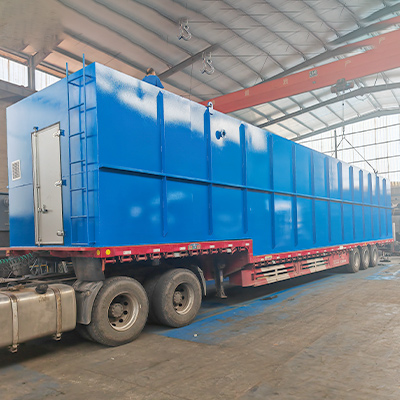
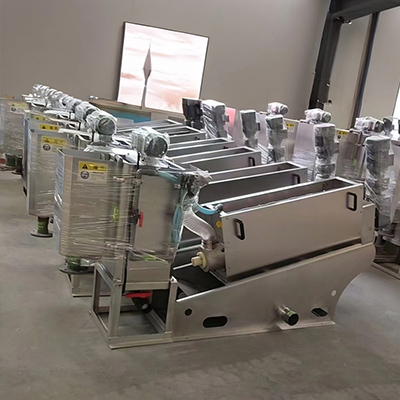
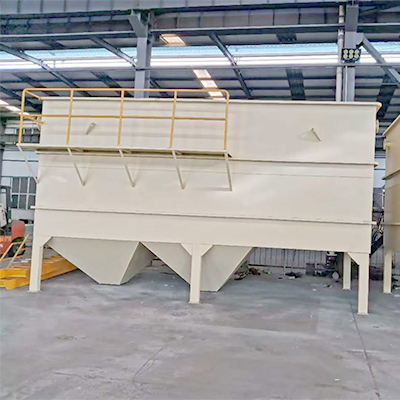
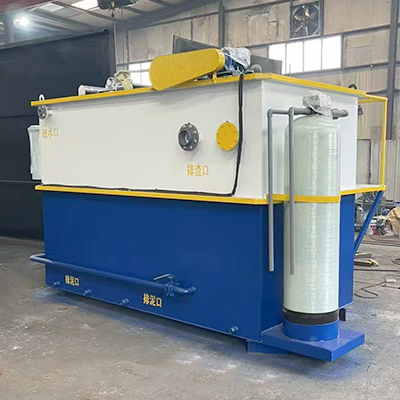
Reviews
There are no reviews yet.